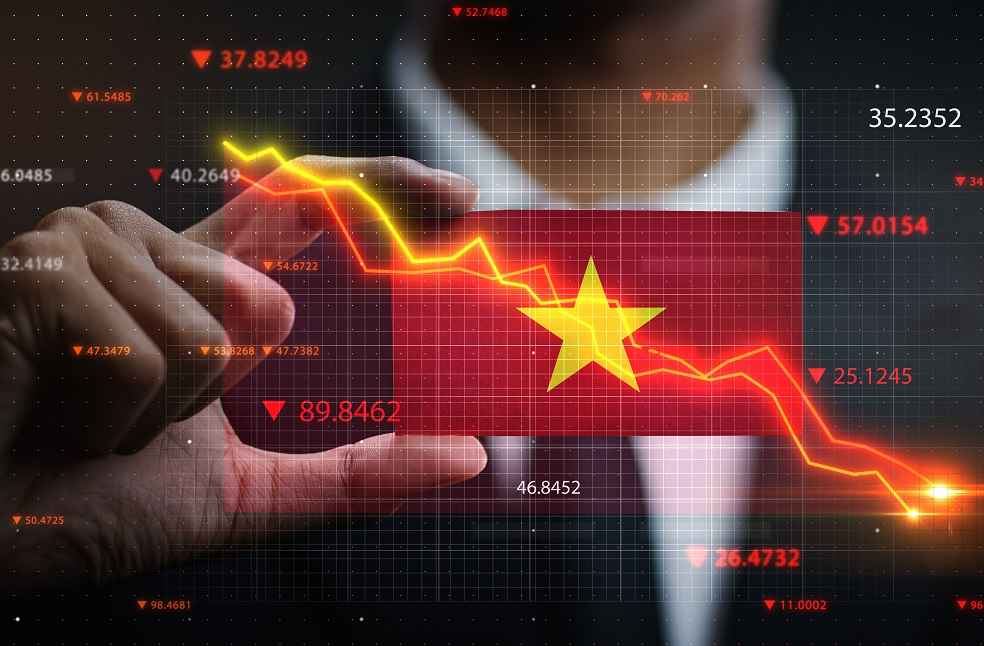China’s innovative green products, from electric vehicles to dual-fuel ships, are set to play a crucial role in driving the country’s foreign trade growth in 2025, according to exporters and market analysts. These green tech exports are expected to strengthen China’s position in global supply chains amid evolving trade dynamics.
Despite external challenges, China’s foreign trade reached a record 43.85 trillion yuan ($5.98 trillion) in 2024, reflecting a 5 percent year-on-year increase. Exports rose by 7.1 percent to 25.45 trillion yuan, with mechanical and electrical product exports growing by 8.7 percent and accounting for 59.4 percent of total exports. Notably, exports of electric vehicles, 3D printers, and industrial robots surged by 13.1 percent, 32.8 percent, and 45.2 percent, respectively, according to the General Administration of Customs.

This growth is driven by increasing global demand, supported by China’s strong supply capacity and industrial infrastructure. Chen Xuedong, an academician at the Chinese Academy of Engineering, highlighted that China’s industrial strength and policy support provide a robust foundation for sustaining this trend. Sang Baichuan, dean of the University of International Business and Economics’ Institute of International Economy, echoed this view, emphasizing the role of green industrialization and technological upgrades in enhancing trade performance.
Shenzhen-based household robot manufacturer Narwal exemplifies this shift, expanding its export markets from fewer than 10 countries in 2023 to over 30 in 2024. The company has strengthened its presence and leveraged advancements in AI, 3D perception, and big data applications. Founder Zhang Junbin stated that continued investment in these technologies is key to further global expansion.
Shenzhen’s foreign trade also reflected this upward trajectory, exceeding 4 trillion yuan for the first time and reaching 4.5 trillion yuan in 2024, marking a 16.4% annual increase. The city’s exports of electronic products, including household appliances and computing components, grew by 16.1%, contributing significantly to overall trade growth, according to Shenzhen Customs.

China has effectively turned deglobalization challenges into opportunities for industrial upgrading, despite rising protectionism, energy market volatility, and geopolitical tensions. Liang Ming, director of the Institute of International Trade, noted that China has expanded partnerships with emerging markets while encouraging domestic firms to strengthen their global presence.
In the automotive sector, China FAW Group, a state-owned automaker based in Changchun, exported 125,000 vehicles in 2024, marking a 36.2 percent increase. Its sub-brand Hongqi entered the European market with two new energy vehicles, while its truck subsidiary FAW Jiefang expanded to over 80 countries, including those in Southeast Asia, the Middle East, Latin America, and Africa.
BUSINESS GENERAL | Global Business Summit 2025: PM Narendra Modi to be star speaker



